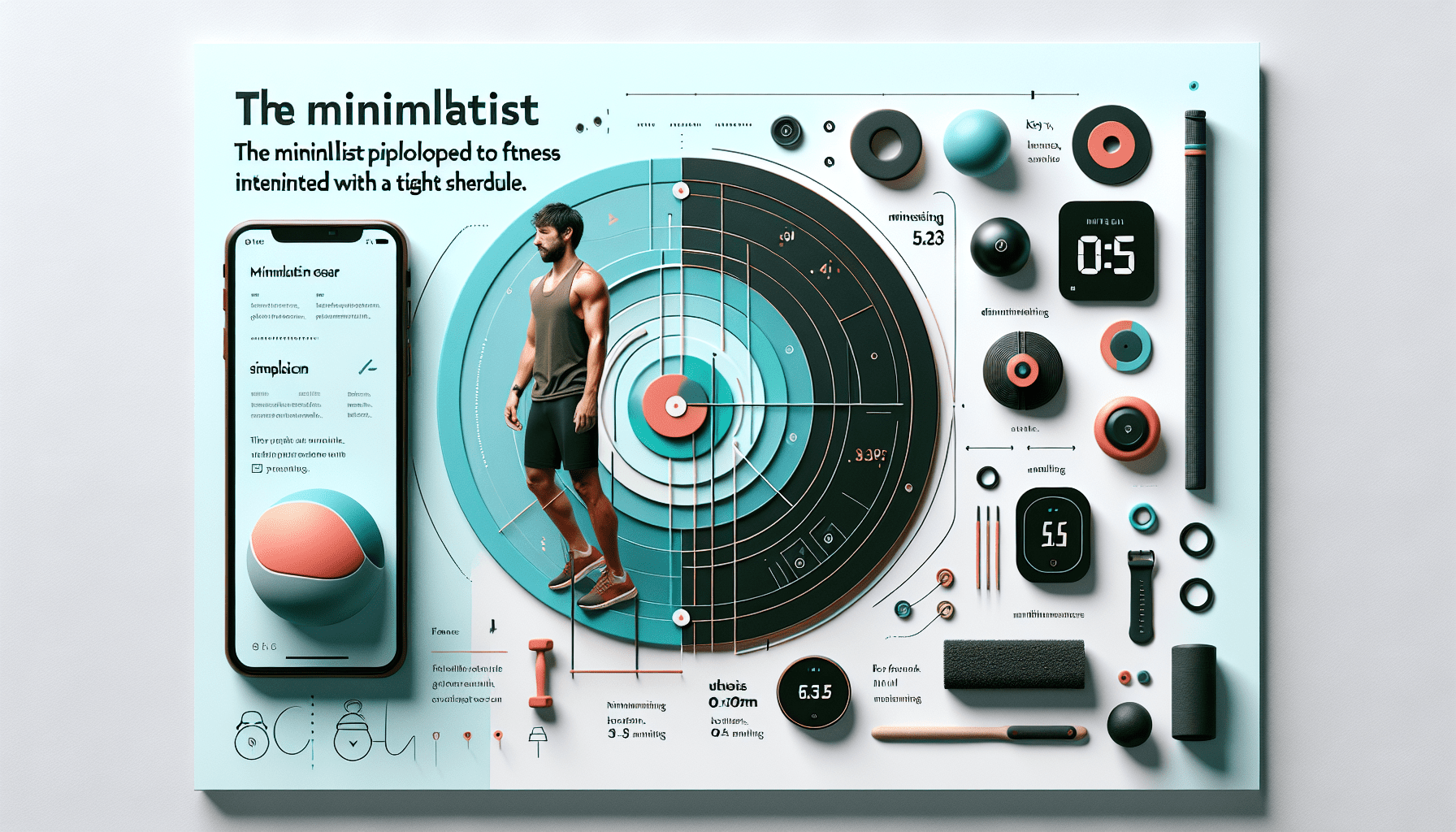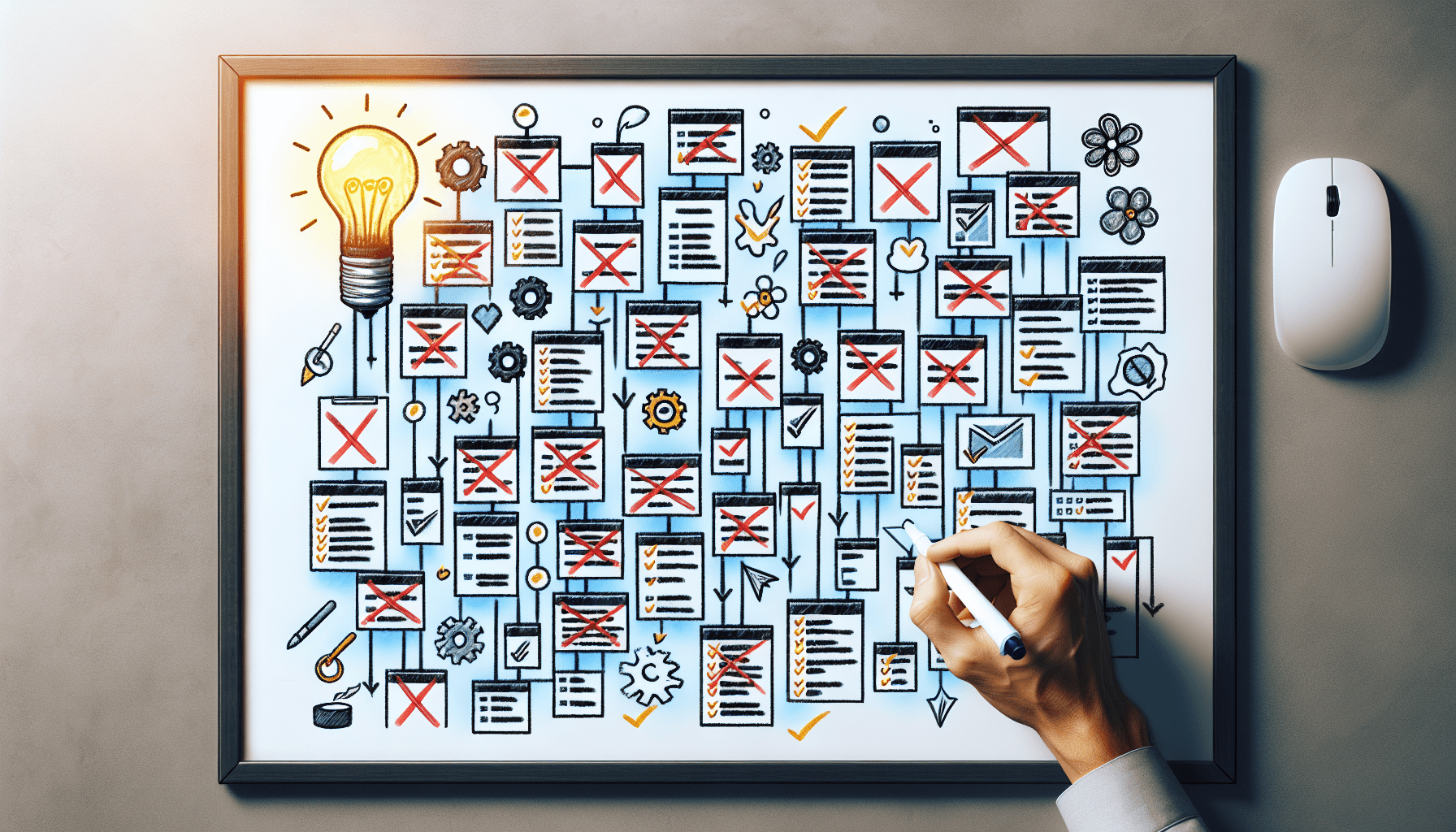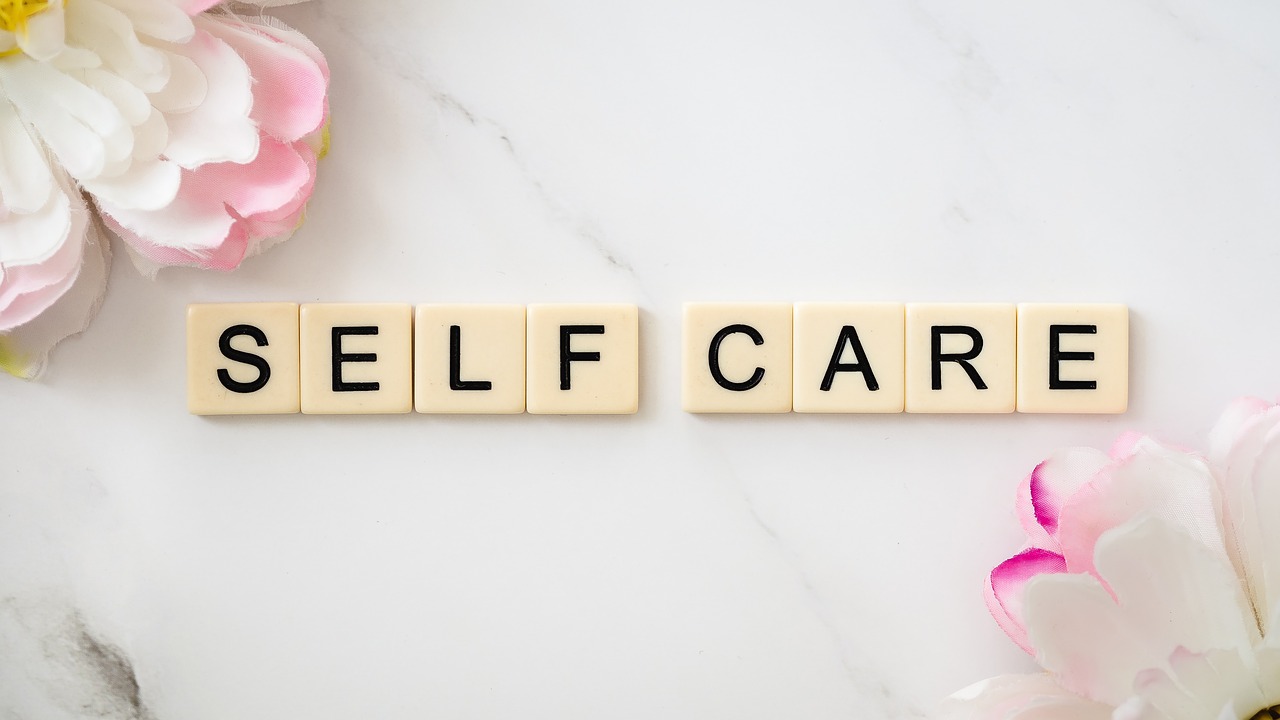
Remote Work Tips: Balancing Career and Personal Life

Did you know that 74% of remote workers started working from home to get a better work-life balance? But, many struggle to keep this balance1. It’s a common myth that working remotely means you automatically have a better life balance. But, without careful planning, work and personal life can mix too much, leading to burnout21. This article will give you key tips for remote work, like setting up a dedicated workspace and sticking to a daily routine. These steps will help you balance your career and personal life well.
Key Takeaways
- Many remote workers mistakenly believe that working from home naturally fosters better work-life balance.
- Setting clear boundaries between work time and personal time is crucial for mental health.
- Creating a daily schedule helps ensure that you allocate time for both work and personal activities1.
- Not checking emails from bed can significantly improve your work-life balance2.
- Designated workspaces and routines are essential in avoiding the pitfalls of remote work burnout3.
Introduction to Work-Life Balance for Remote Workers
Remote work is now a big part of our work lives, with 14% of Americans, about 22 million people, working from home full-time4. Work-life balance for remote workers means managing work so it doesn’t take over their personal life. With over 60% of employees saying they had a better work-life balance during the pandemic5, it shows how crucial this balance is for well-being.
Defining Work-Life Balance
For remote workers, work-life balance means having a good mix of work and personal time. It’s about doing work tasks well and making sure there’s enough time for rest, hobbies, and being with others. Sadly, 20% of remote workers sometimes feel lonely5, showing how important it is to stay connected. Using good time management helps avoid overworking, as 11% of remote workers find it hard to stop working4.
The Importance of Work-Life Balance for Remote Workers
Keeping a good work-life balance is key for remote workers’ mental health and productivity. A study found 41% of remote workers felt more anxious or depressed during the pandemic4. With 73% feeling burnout during the pandemic, up from 61% before, it’s clear an imbalance harms mental health. Flexible schedules let remote workers adjust their work to suit their life, promoting a healthier balance.
Create a Consistent Daily Schedule
Having a set daily schedule is key to boosting your productivity while working from home. It helps you stick to your work hours and keeps your job from taking over your personal life. A steady schedule also makes managing your time easier, helping you balance work and personal tasks.
Setting Working Hours
It’s important to have fixed working hours to stay productive when working remotely. Research shows that remote work can make you more productive than working in an office6. But, it’s crucial to set a clear end to your workday to avoid burnout. Also, working with people in different time zones can lead to late-night emails, which can affect your morning productivity6. Having clear working hours can help avoid these issues and improve your time management.
Maintaining a Morning Routine
Starting your day with a morning routine that focuses on personal activities sets a positive tone. Experts recommend preparing for the day by showering, eating breakfast, and getting dressed7. This helps separate your work and personal life, leading to better focus and energy. Taking a proper lunch break, as advised by Frederick Neal, keeps you refreshed and ready to tackle the rest of your day7.
Establish Clear Boundaries Between Work and Home
For those embracing remote work culture, achieving a good work-life balance is key. Sadly, 32% of remote workers find it hard to balance their work and personal life8. Setting clear boundaries is a vital step to overcome these issues and boost well-being.

Designating a Work-Only Space
It’s crucial to have specific work areas. A study shows that 76% of remote workers find it tough to separate work from home life9. By having a home office or a certain desk for work, remote workers can better disconnect from work after hours. This approach helps signal the end of work and supports a healthier remote work culture.
Avoiding the Bedroom for Work
It’s important not to use personal spaces like bedrooms for work. MNO Surveys reveal that 72% of remote workers see home distractions as a big obstacle to work-life boundaries9. Keeping the bedroom for rest only helps avoid distractions and supports a clear work-life separation, aiding in better integration.
Clear boundaries and designated workspaces are key for remote workers to balance their work and personal lives. For more tips on protecting your time and energy, check out this article8.
Utilise Communication Tools Effectively
In today’s remote work world, using communication tools like Slack and Google Calendar is key. These tools help keep you productive and stick to work-life balance practices. More people are working remotely now, thanks to these tools10
Using Slack and Google Calendar
Slack lets you set your availability, controlling how many notifications you get. This is vital for working together online without getting overwhelmed. Studies show that Slack is popular among remote workers, making teams more productive10. Google Calendar also helps by letting you share your schedule with your team. This way, everyone knows when you’re free, making teamwork smoother and keeping a good work-life balance11.
Scheduling Non-Work Downtime
It’s important to use communication tools to protect your free time. Google Calendar is great for marking personal time off and saying no to work during that. Surveys show that clear communication leads to happier and more productive remote workers11. Also, balancing work and life makes teams work better together online12.
This way, your personal time is respected, and you keep in touch with your team well. Using these tools smartly helps you handle remote work and keep a good work-life balance.
Importance of Taking Regular Breaks
Taking regular breaks during your remote workday boosts your mental health and productivity. Adding short periods of physical activity helps reduce health risks from sitting too much and keeps your mind sharp13. These breaks are key for refreshing your mind, making you better at solving problems, and stopping burnout13.
Physical Activity and Fitness
Adding fitness activities like yoga, jogging, or a simple walk during breaks can greatly improve your health. Exercise helps with emotional health and lowers stress13. Breaks are chances to be active, fighting against the constant workload.
Utilising Personal Errands as Breaks
Using personal errands as breaks is a smart move. Doing things like grocery shopping, walking the dog, or grabbing a coffee helps clear your mind and disconnect from work13. This method boosts your mental health and keeps you on track. Setting reminders on your phone helps you remember to take breaks, keeping a good balance between work and life13.
The COVID-19 pandemic changed remote work, leading to more work and longer days14. Studies show that regular breaks make people happier with their remote jobs15. Using productivity tips like setting break times can ease this change.
Regular breaks are key for staying well, managing personal tasks, and staying fit. They improve your productivity and support a better work-life balance.
Embracing Flexible Schedules to Enhance Productivity
Flexible schedules can make a big difference in productivity. They let people set their work hours to fit their life and when they work best. This change helps with a better balance between work and life. It also makes the workforce more effective and engaged.
Adapting Work Hours to Personal Life
Flexible schedules show their worth, with 83% of employees saying they work better when working from home16. Many, especially mothers with young kids, might need to cut down on work hours or leave their jobs without flexible schedules16. Also, 87% of people prefer flexible work hours if they can, showing how much people value this option16. Flexible work hours reduce stress and improve mental and physical health17.

Using Productivity Hacks Like Pomodoro
Remote work hacks, like the Pomodoro technique, can make flexible schedules even better. This method breaks work into smaller parts. It helps people focus better and work more efficiently. Studies show that well-planned hybrid work setups can boost productivity by up to 5%16. This suggests that using these hacks with flexible schedules can make people even more productive.
Maintain Open Communication with Your Manager
Talking openly with your manager is key for good remote work management. Regular chats, whether on video calls or other ways, build trust. They also make remote workers more productive and motivated18.
For a good work-life balance for remote workers, it’s important to talk about what needs to be done and when. This makes sure everyone knows what’s expected. It also helps avoid too much work and stress from unclear goals19. Also, over 40% of remote workers struggle to switch off after work, showing how vital clear talks and set boundaries with managers are20.
Remote work needs open talks about what you need to do your best work. This includes things like tech support, the right gear, and good internet18. Keeping in touch regularly helps everyone feel the same, whether they work from home or an office18.
It’s also key to be clear about what you aim to achieve and how well you should do it. This makes managing your work easier, so remote workers know what’s expected18. This leads to better work management, more productivity, and happiness.
Regularly checking in and adjusting how you balance work and life helps you adapt to new situations19. This keeps things running smoothly and looks after the well-being of remote workers. It helps them keep doing well and stay happy.
Prioritising Self-Care Practices
Making self-care a top priority is key for remote workers to keep a good work-life balance. Adding mindfulness and meditation to your daily life can bring big benefits.
Practising Mindfulness and Meditation
Mindfulness and meditation are great for self-care. They help you handle stress, stay focused, and feel better emotionally21. Studies show that focusing on mindfulness lowers stress and boosts well-being21. Setting aside time for these activities not only helps your mental health but also strengthens your work-life balance22.
Engaging in Hobbies and Interests Outside of Work
It’s important to enjoy your hobbies and interests outside work. This helps you grow personally and gives you a break from work. It makes you happier overall23. It also helps you build stronger relationships with loved ones23. Making time for what you love keeps you energised and motivated in all areas of life21.
Adding self-care habits like mindfulness and hobbies boosts your well-being and increases productivity. This makes it easier to keep a good work-life balance2123.
Conclusion
Balancing work and personal life as a remote worker needs careful planning and habits. The COVID-19 pandemic made many people look for ways to mix work and home life well24. It’s key to have a daily routine, set clear work and personal life boundaries, and use good communication tools25. Being flexible can also boost your work output and keep up with personal duties26.
Remote workers should aim for a supportive work environment. Having the right support from their organisation is vital for their well-being26. Taking regular breaks and looking after your health helps keep you mentally and physically strong, leading to a better work-life balance24. Also, having a special workspace and doing team-building online can reduce loneliness and help team members talk better24.
By using these tips, digital nomads can mix their work and personal life well. It’s about finding a balance between being dedicated to your job and taking care of yourself. Getting a good work-life balance is a journey that needs careful thought and ongoing changes.





















